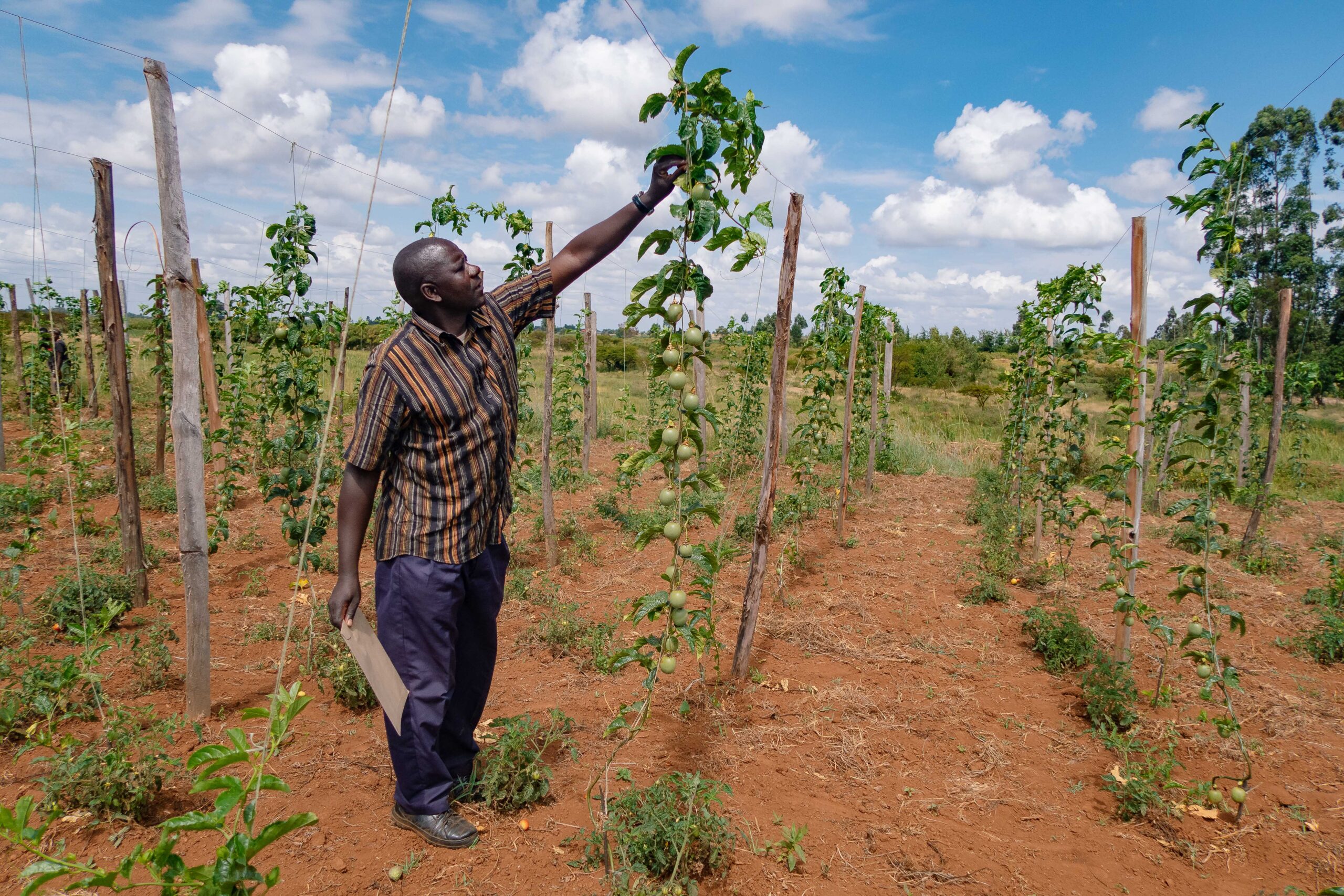EU-Supported MARKUP Program to Strengthen Extension Services

Extension Services providers play a key role in building the capacity of small, medium and large-scale growers to meet the required market standards and enhance sensitization on good agricultural practices and code of conduct. Food safety, quality and MRL exceedance are currently some of the significant limiting factors to increasing export.
A research by MARKUP Kenya sought to identify the gaps in functions, activities and services which are offered by extension services, and the constraints which extension officers face in delivery of services along the fresh and dried mango, as well as passion fruits value chains.
It also sought to reveal the opportunities available for extension service provision to the fruits, herbs, nuts and spices value chains
“Extension and advisory services play important role in agricultural development through delivery of knowledge, technologies and innovations. It links agricultural producers to other actors in the agricultural products value chains and economy. The services are critical in transformation of subsistence farming to commercial agriculture, promoting house hold food security and improving incomes” reads the research report in part.
Among challenges identified by this research include lack of capacity due to few and mostly old extension workers have led to low Implementation. Extension, the report states, is also very fragmented, meaning there is no central point for all farmer information needs. There is no curriculum for extension and therefore, farmers have to seek information from multiple sources for various agronomic advices increasing the cost of seeking information.
“Investment in Information and Communication Technologies (ICT) such as developing E-extension and comprehensive online extension services can ensure access and accelerate inclusion of youth into agriculture. ICT is increasingly accessible and affordable in the country. Adopting ICT for agriculture extension services can supply the gap in demand for the services,” reads an extract from the report.
In Nakuru County for example, there is a farmer’s call center which has data for farmers and attends to calls and requests virtually. This means farmers can be advised on necessary actions and measures from the call center, at the comfort of their farms.
In regard to findings of this report, MARKUP Kenya aims at training 500 extension officers from across the 12 counties where the program is implemented. The officers will be trained on among other issues, Good Agricultural Practices (GAP), Crop management, pest and disease management, Integrated Crop Management, Food safety Management, among others.
MARKUP program aims at promoting food safety, produce competitiveness and market access locally, regionally as well as inyternationally.
